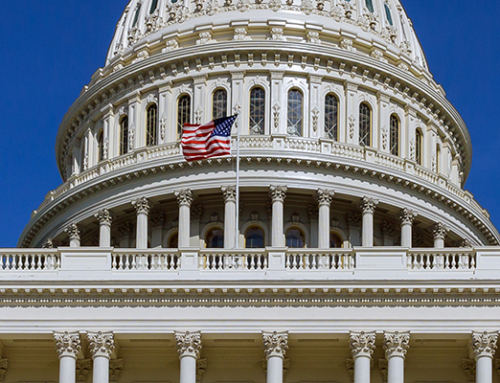CBO Projects FY 2018 Parental Leave Program would increase federal spending by $22 billion and raise UI taxes
The Congressional Budget Office (CBO) review of the President’s FY 2018 Parental Leave proposal projects that the proposal would result in an increase in direct federal spending of approximately $22 billion over the ten year budget period.
The CBO analysis projects $409 million in increased funding for UI integrity but savings from increased spending of only $171 million. No credit in reduced benefit payout is given for increased spending for reemployment and eligibility assessments. In estimating the costs of the proposal to require states to provide subsidized parental leave, CBO followed the Administration’s presentation, which showed the outlays and revenues related to that new benefit as flowing through the states’ unemployment trust fund accounts, which are reflected in the federal budget.
The establishment of the solvency standard is projected to increase revenue in 2020 by $2.8 billion but then to taper off as states adjusted to higher solvency standards. The ten year projection of additional revenue from increased solvency is only $1.2 billion. The proposal requires states to provide parental leave (increasing state revenues that would be deposited in the unemployment trust fund by $7 billion).
The bottom line of the review is that the program would significantly increase federal spending without offsetting revenue sufficient to pay for it and require states to raise UI taxes and/or cut UI benefits.
The CBO review of the impact on UI in particular may be accessed through the link athttps://www.cbo.gov/system/files/115th-congress-2017-2018/dataandtechnicalinformation/52906-unemployment.pdf
The CBO analysis also reviewed the impact of the President’s proposal to offset disability insurance for UI benefit receipt. This proposal appears to result in a net savings for UI as individuals who are claiming SSDI would choose not to claim unemployment compensation for periods for which they were receiving SSDI.
We continue to discuss the impact of the Paid Parental Leave program with congressional staff and the White House, and have suggested that offering alternative voluntary approaches for employers to consider paid parental leave may be preferable to a federal mandated program that increases UI taxes.





